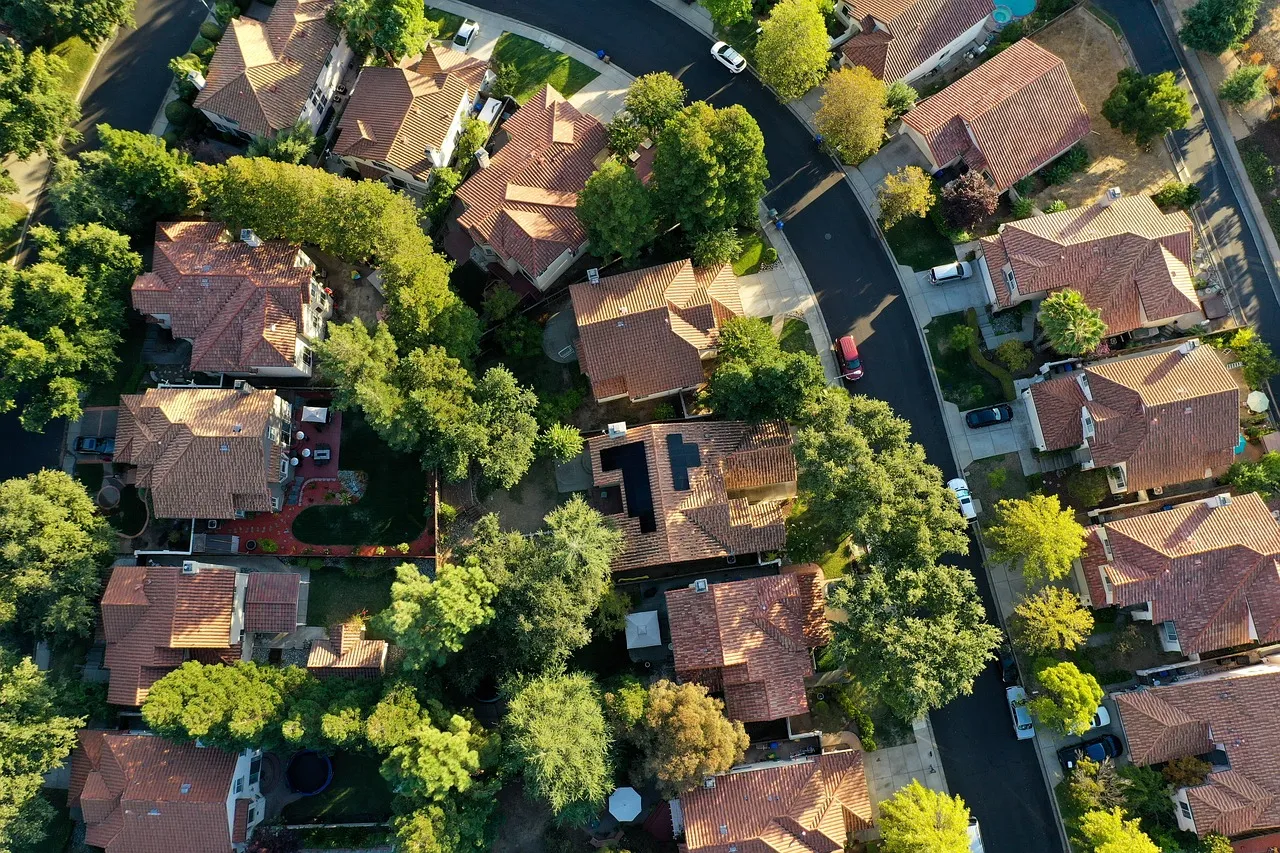In an era where the health of our planet is a growing concern, the concept of sustainable living has never been more relevant. This lifestyle choice is not just a trend; it’s a commitment to reducing our environmental footprint and living in harmony with the Earth. Sustainable living involves making conscious decisions in our daily lives that positively impact the environment, society, and economy. It’s about creating a balance that ensures the well-being of current and future generations.
Understanding Sustainable Living
Sustainable living is a broad concept that encompasses various aspects of life. It’s about making choices that contribute to environmental conservation, social equity, and economic sustainability. This lifestyle encourages us to reduce waste, conserve natural resources, and minimize our carbon footprint. It’s not just about what we consume but also how we live, travel, and interact with our surroundings.
The Role of Renewable Energy
One of the key components of sustainable living is the use of renewable energy sources. Solar energy, in particular, has gained significant attention due to its accessibility and efficiency. For instance, homeowners in Lethbridge are increasingly adopting solar panels as a clean and cost-effective energy solution. The solar panels Lethbridge is offering to its people represent a growing trend towards renewable energy adoption, reflecting a broader shift in public consciousness towards sustainability.
Benefits of Solar Energy
Solar energy offers numerous benefits. It’s a clean source of power that reduces reliance on fossil fuels, thus cutting down greenhouse gas emissions. Solar panels are also cost-effective in the long run, as they significantly reduce electricity bills. Moreover, they increase property value and have a relatively low maintenance cost. By choosing solar energy, individuals contribute to a cleaner, more sustainable future.
Reducing Waste and Recycling
Another crucial aspect of sustainable living is waste reduction. This involves minimizing the amount of waste we produce and ensuring proper disposal of what we can’t avoid. Recycling plays a vital role in this process, as it helps in converting waste materials into new products, reducing the need for raw materials and energy.
Composting and Upcycling
Composting organic waste and upcycling items are effective ways to reduce landfill waste. Composting turns kitchen scraps and yard waste into nutrient-rich soil, perfect for gardening. Upcycling, on the other hand, involves creatively reusing items to give them a new life, thus reducing the need for new products.
Sustainable Food Choices
The food we eat significantly impacts the environment. Sustainable food choices involve opting for locally sourced, organic, and seasonal produce. This reduces the carbon footprint associated with transportation and supports local farmers. Plant-based diets are also gaining popularity as they require fewer resources and cause less environmental damage compared to meat-based diets.
Minimizing Food Waste
Minimizing food waste is equally important. Planning meals, storing food correctly, and using leftovers can significantly reduce the amount of food that ends up in landfills. Composting food scraps is another effective way to manage food waste sustainably.
Eco-Friendly Transportation
Transportation is a major contributor to carbon emissions. Sustainable living encourages the use of eco-friendly transportation modes like walking, cycling, public transport, and electric vehicles. These alternatives not only reduce emissions but also promote a healthier lifestyle.
Carpooling and Telecommuting
Carpooling is another sustainable transportation option, as it reduces the number of vehicles on the road. Telecommuting, where feasible, can also significantly cut down on commuting emissions.
Sustainable Fashion
The fashion industry is notorious for its environmental impact. Sustainable fashion involves choosing eco-friendly clothing made from organic or recycled materials. It also encourages practices like buying second-hand, renting, and repairing clothes instead of constantly purchasing new items.
Ethical Consumerism
Ethical consumerism extends beyond fashion. It’s about making informed choices in all aspects of consumption, from household products to electronics. This involves choosing products that are environmentally friendly, ethically sourced, and sustainably packaged.
Green Building and Living Spaces
Sustainable living also encompasses the spaces we inhabit. Green building involves using sustainable materials, energy-efficient designs, and renewable energy sources like solar panels. Creating green spaces, whether in urban or rural settings, contributes to environmental conservation and personal well-being.
Water Conservation
Water is a precious resource, and conserving it is a vital part of sustainable living. Simple practices like fixing leaks, using water-efficient appliances, and harvesting rainwater can make a significant difference.
Community Involvement and Education
Sustainable living is not just an individual effort; it’s a collective movement. Community involvement and education play a crucial role in spreading awareness and encouraging sustainable practices. Participating in community gardens, local clean-up events, and educational workshops can foster a sense of responsibility and collective action towards sustainability.
The Power of Collective Action
When communities come together to embrace sustainable practices, the impact is profound. Collective action can lead to significant environmental improvements, from local conservation efforts to influencing policy changes.
Conclusion
Living a sustainable lifestyle is a journey of continuous learning and adaptation. It’s about making choices that align with the well-being of our planet and its inhabitants. From adopting solar panels in Lethbridge to making conscious consumer choices, every action counts. By embracing sustainability, we not only improve our quality of life but also contribute to a healthier, more resilient world for future generations. The path to sustainability is not always easy, but it’s undoubtedly rewarding and essential for our planet’s future.
